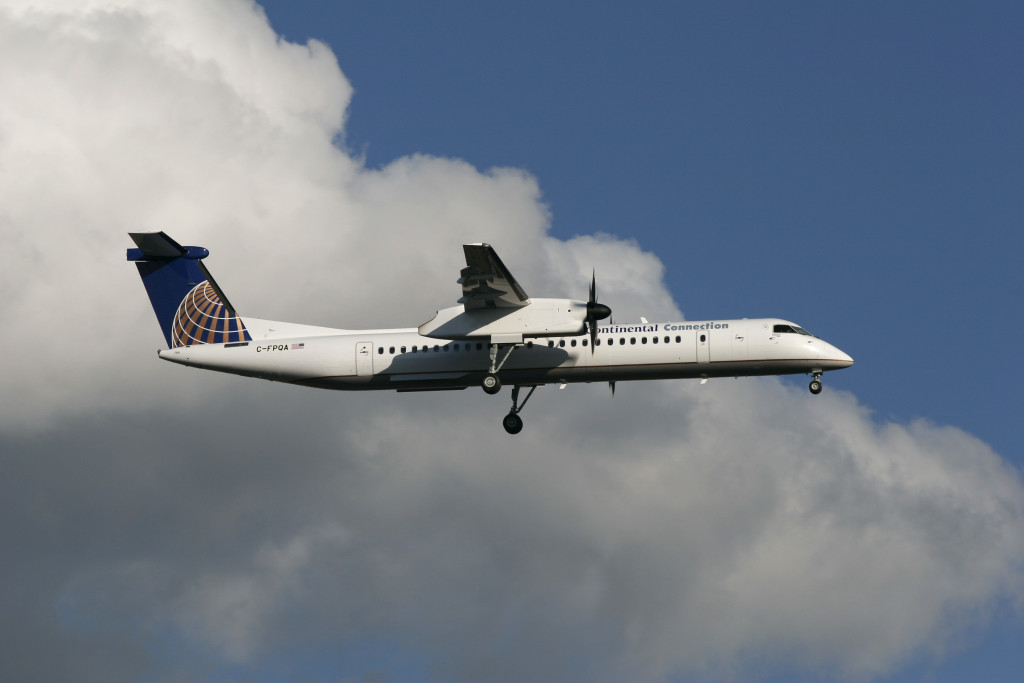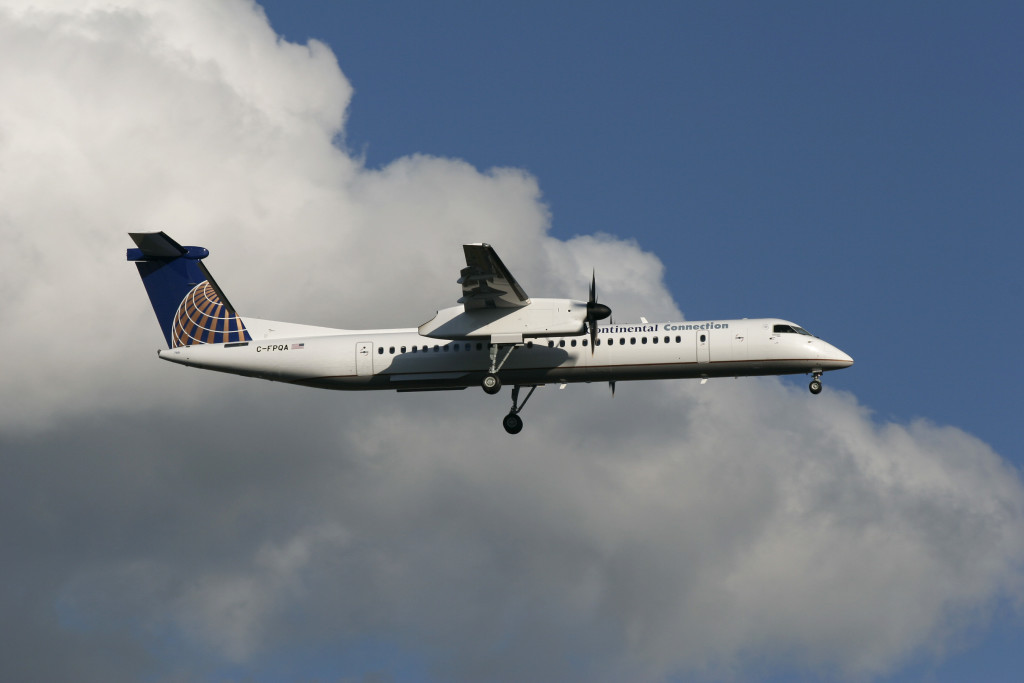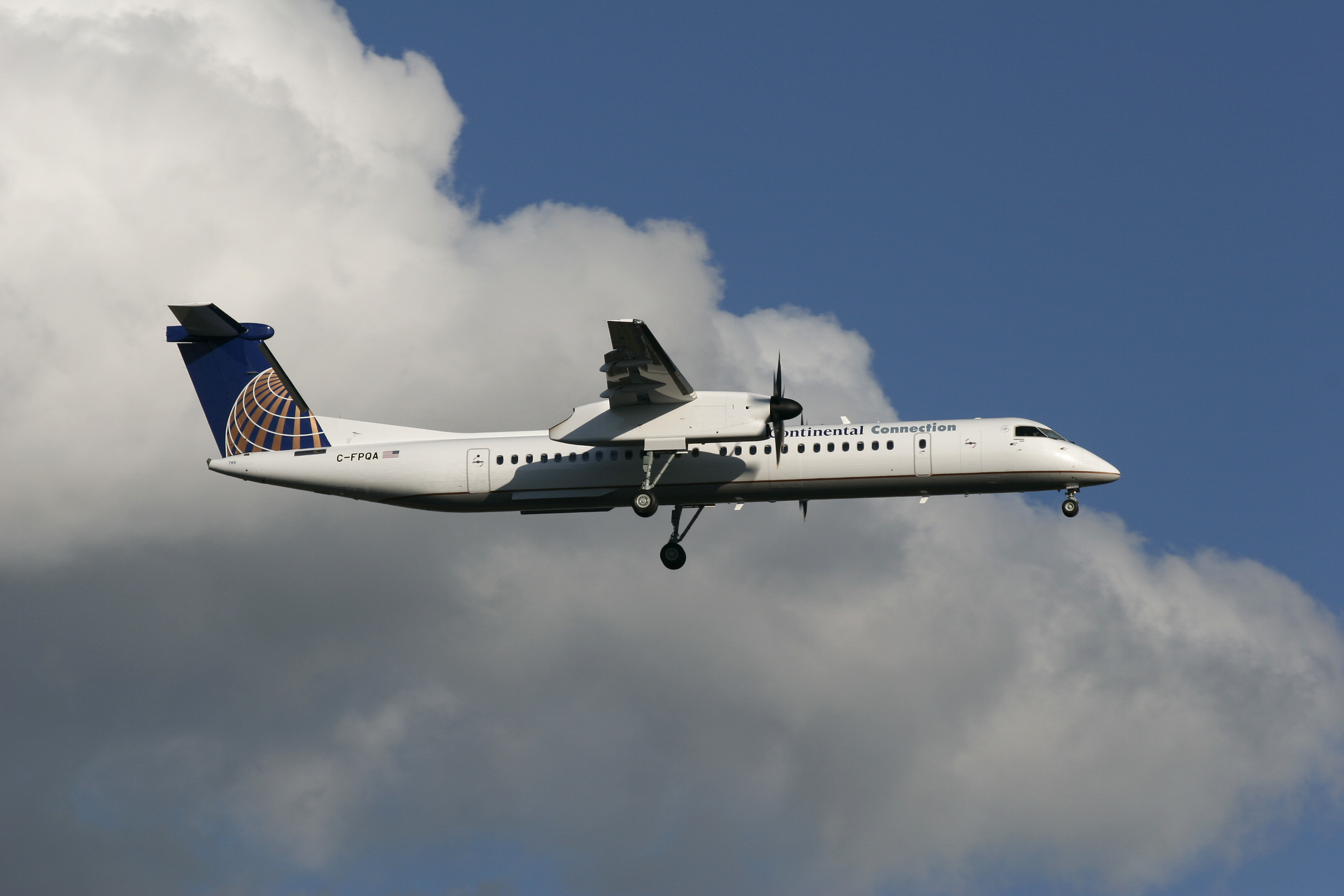FAA Issues New Pilot Fatigue Rules

December 21, 2011
Share
Today the FAA announced sweeping new rules to address pilot fatigue, one of the contributing factors in the Buffalo-area crash of Continental Flight 3407 nearly three years ago.
The rules include:
+ Limiting the maximum amount of time pilots can be on duty to between nine and 14 hours; previously the FAA allowed pilots to be on duty for up to 16 hours per day. The new rules also limit the pilots’ flight time to eight or nine hours.
+ Implementing a minimum of 10 hours of rest — up from a previous minimum of eight hours — before a duty day.
+ Requiring pilots to state their “fitness for duty” before each flight segment.
+ Requiring airlines to develop a pilot fatigue plan.
These rules have been delayed twice, in part due to lobbying from the cargo industry; as expected, the new rules will not include cargo carriers. According to the FAA’s press release about the new rules, covering cargo carriers:
would be too costly compared to the benefits generated in this portion of the industry. Some cargo airlines already have improved rest facilities for pilots to use while cargo is loaded and unloaded during night time operations. The FAA encourages cargo operators to opt into the new rule voluntarily, which would require them to comply with all of its provisions.
“Today marks a very important day in pilot safety,” said Congresswoman Louise Slaughter (D-N.Y.), whose district includes Buffalo and who has been pushing the FAA to implement the new rules. “Finally, guidance has been provided by the FAA that will help assure the American public that when they step into a plane, their pilot is well-rested. … While I’m pleased we have a final rule on pilot fatigue, we know from the findings of the National Transportation Safety Board, that it was not the only factor contributing to the tragic crash in Clarence two years ago. There must be more done to address pilot training, especially on techniques as basic as how to fly in ice when landing in Buffalo.”
For more of FRONTLINE’s reporting on the crash of Continental Flight 3407 — including the controversy over recently released emails suggesting executives at Colgan Air, which operated the flight, had concerns about the abilities of pilot Marvin Renslow — visit our website for Flying Cheap.
Related Documentaries
Latest Documentaries
Related Stories
Related Stories
Explore
Policies
Teacher Center
Funding for FRONTLINE is provided through the support of PBS viewers and by the Corporation for Public Broadcasting, with major support from Ford Foundation. Additional funding is provided the Abrams Foundation, Park Foundation, John D. and Catherine T. MacArthur Foundation, Heising-Simons Foundation, and the FRONTLINE Trust, with major support from Jon and Jo Ann Hagler on behalf of the Jon L. Hagler Foundation, and additional support from Koo and Patricia Yuen. FRONTLINE is a registered trademark of WGBH Educational Foundation. Web Site Copyright ©1995-2025 WGBH Educational Foundation. PBS is a 501(c)(3) not-for-profit organization.






















